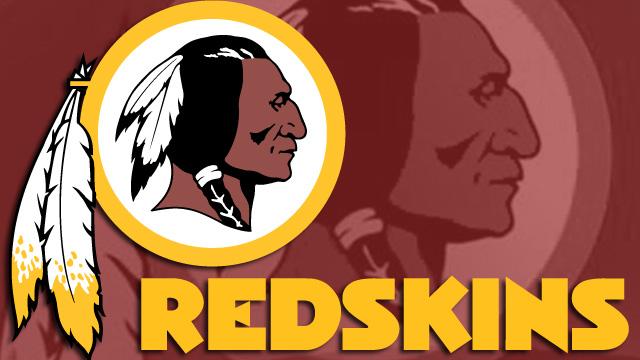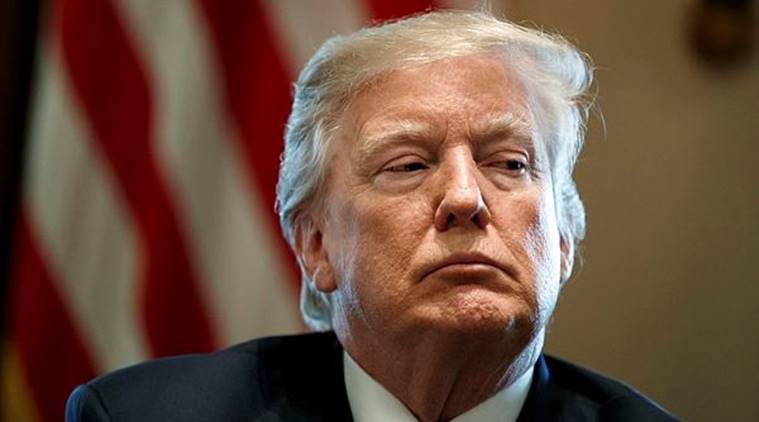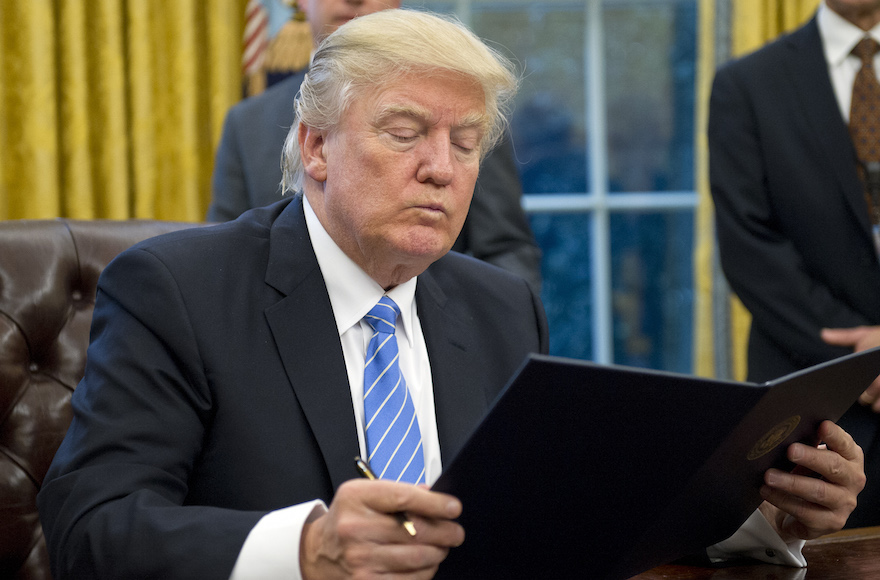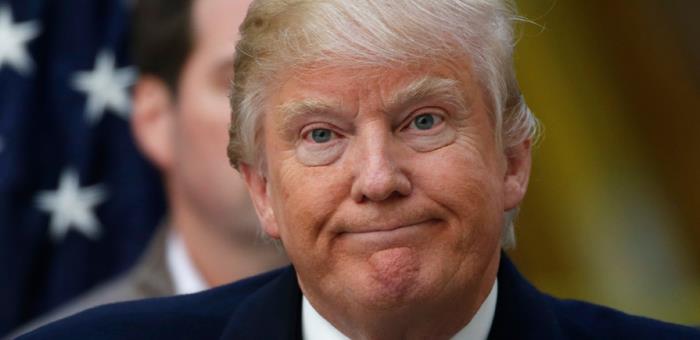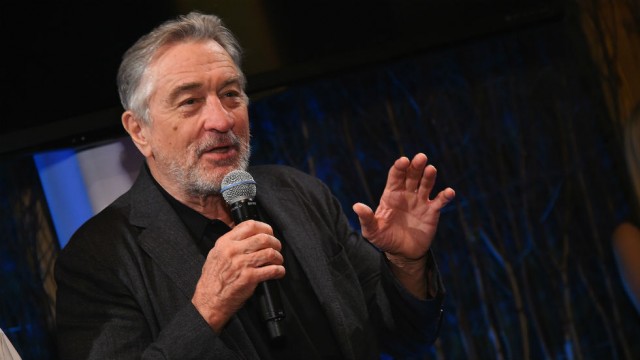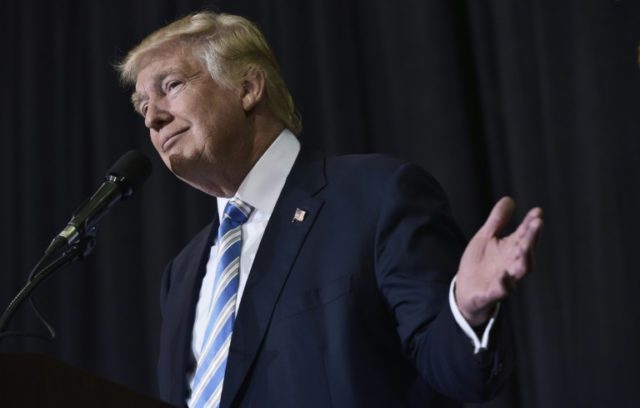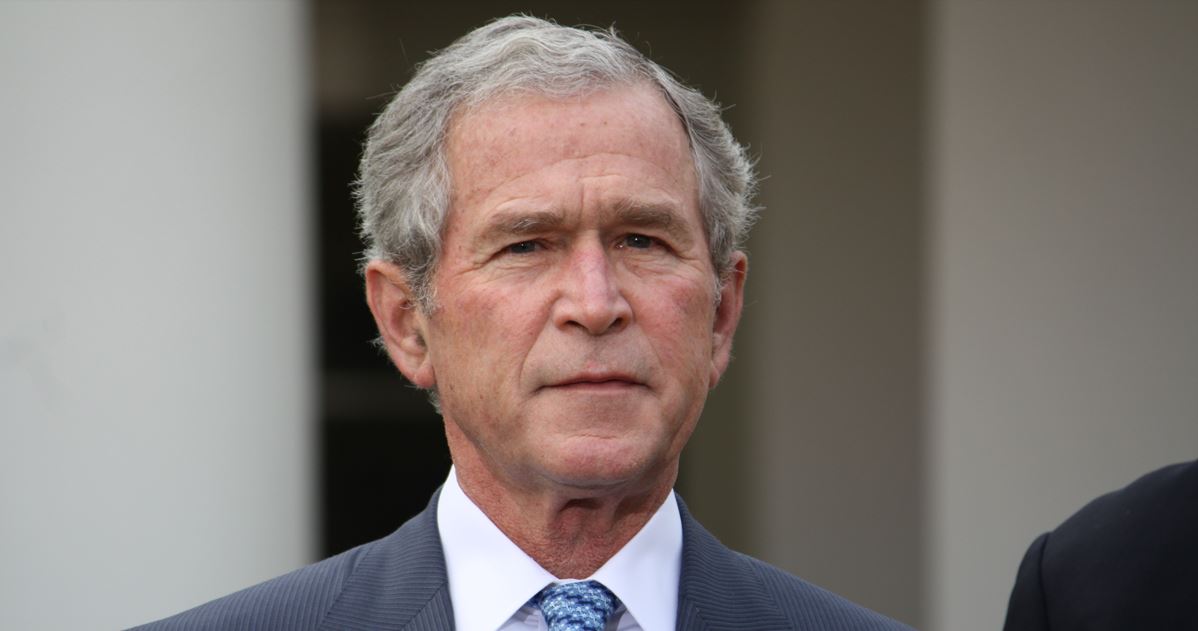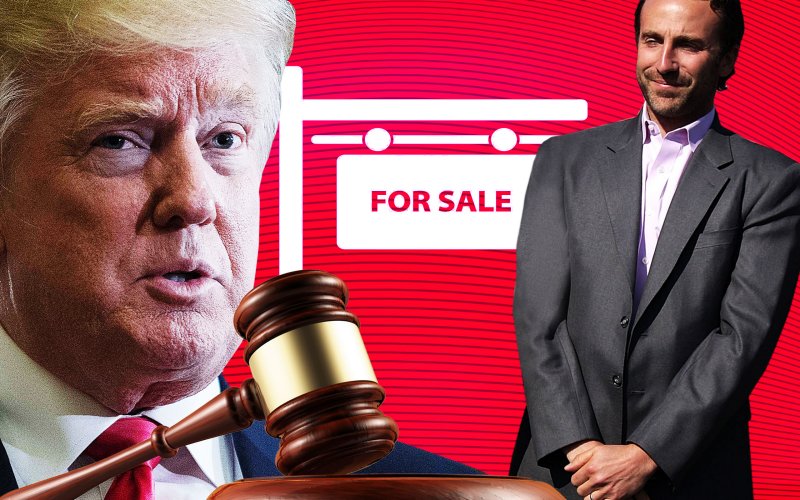“There’s no difference between the R-word and the N-word,” ~ Alan Yelsey, American Indian Activists
A Native American coalition in Minnesota has come up with a new strategy in the movement to replace the NFL logo and mascot for the Washington Redskins, which the they deem defamatory.
A letter written by representatives of the Minneapolis-based American Indian Movement asks the MSFA to refrain from printing or broadcasting the Redskins’ name or logo inside the Metrodome during the team’s November 7th game against the Minnesota Vikings. Their reasoning is that doing so within a publicly owned facility, violates federal labor laws, hate-speech protections and the civil rights of American Indians.
Indian activist Alan Yelsey, who co-wrote the letter, says failure to do so could lead to a class-action lawsuit on behalf of American Indian children. Letters were also sent out to Minnesota’s media outlets so that everyone could be on the same page.
“There’s no difference between the R-word and the N-word,” Yelsey said. “There’s no reason why this discriminatory and damaging term needs to be used when alternatives exist.”
On another front: Seventeen years after initially challenging the Washington Redskins trademark, Suzan Shown Harjo, a Native American writer and public policy advocate, along with six other activists have renewed their fight against the use of the trademark. Harjo says that it violates the Lanham Act, which bars trademarks that “disparage” people living or dead. The original petition was denied by a lower-court ruling based on statute of limitations laws, but it was announced last Monday that Harjo’s group will appeal that decision.
Across the country the origin of the word “redskin” is being newly debated. Some scholars say that the word was coined by early settlers in reference to the skin tone of Native Americans, asserting that the actual origin of the word is “positive” and reflects the more benign aspects of early relations between Native Americans and whites.
Uh-huh.
It was only later that the term became more derogative, when books on the “wild west” published between 1875 and 1930 showed an increasingly negative association between the use of redskin, with “dirty”, “lying”, “savage”, etc.; while so-called benign or positive usage such as “noble” redskin were used condescendingly. And let’s not forget the American Western movies emblazoning the more negative connotation in several generations of fans.
An Associated Press GfK poll, conducted from April 11-15, interviewed 1,004 Americans on the subject. The survey found that nearly four in five of those polled didn’t think the team should change its name. 11 percent thought it should be changed, while 8 percent weren’t sure and 2 percent didn’t answer.
“That’s who they’ve been forever. That’s who they’re known as,” said Sarah Lee, a 36-year-old stay-at-home mom from Osceola, Ind., and one of those polled. “I think we as a people make race out to be a bigger issue than it is.”
But those who thought the name should be changed said the word is obviously derogatory. No report on whether any Native Americans were part of this survey.
“The use of any stereotype in the portrayal of Indians is considered … to be contributory to their dehumanization and deracination”, says Harjo, “It is the worst thing in the English language you can be called if you are a native person.”
And while it could be said that other NFL teams trademark names such as the Braves, Indians, Chiefs and Blackhawks all describe a group of people, Redskins clearly references an individual “being called out his name” as the old slang goes.
President Barack Obama said Saturday he would consider getting rid of the name if he owned the team.
On his ultra-conservative talk show, Rush Limbaugh said he was confused as to why anyone might be offended by the much maligned moniker, saying that the whole matter was a controversy “manufactured by the left.”
However, in the end, the AP-Gfk poll and other such opinions are irrelevant.
The verdict of the case Harjo wants put back before The Supreme Court judges — a case said to be one of the most compelling lawsuits in sports history — must be based on Section 2 of the Lanham Act of the trademark law which decides whether or not “relevant parties involved may be discredited or brought into contempt or dishonored” by the Washington Team’s name. Those ‘relevant parties’ are Native American people. And they are saying “Yes” to that.
